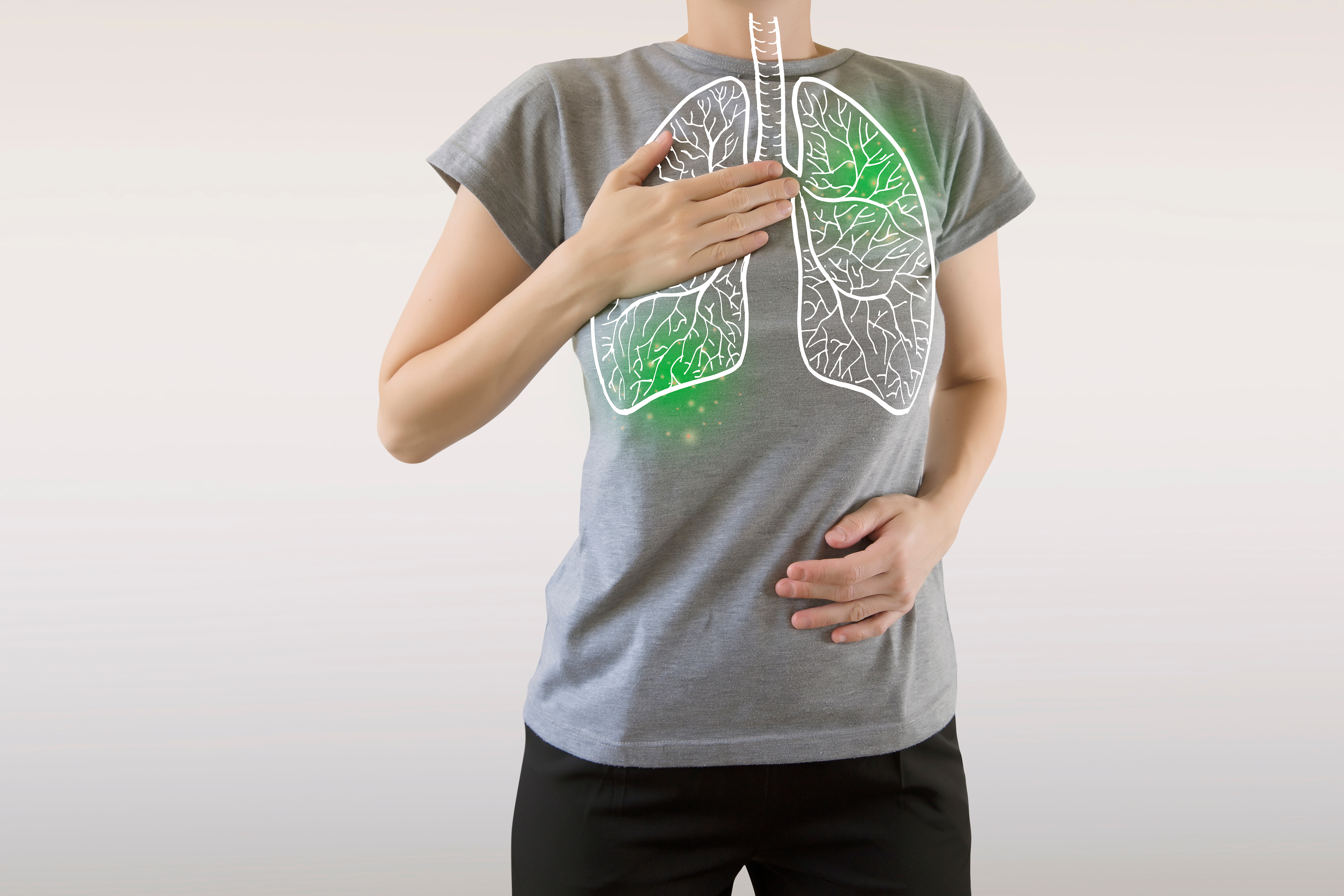Pneumonia
What is it?
Pneumonia is a severe illness caused by an infection of the lungs. Bacteria, viruses, and fungi can cause pneumonia resulting in fluid or pus that can fill the air sacs, resulting in pneumonia symptoms. Aspirating food, fluids, stomach acid, or saliva into the lungs causes aspiration pneumonia.
What are the symptoms?
Cough, which may produce greenish, yellow, or even bloody mucus
Fever, sweating, and shaking chills
Shortness of breath
Rapid, shallow breathing
Sharp or stabbing chest pain that gets worse when you breathe deeply or cough
Loss of appetite, low energy, and fatigue
Nausea and vomiting, especially in small children
Confusion, especially in older people
Transmission
Infectious pneumonia is spread mainly by breathing in tiny airborne droplets from someone's cough or sneeze. Less often, a person can get pneumonia from touching something that has the infecting microbe on it and then touching their mouth, nose, or eyes. Residents with other respiratory illnesses can get secondary pneumonia due to a lack of energy and mobility to clear their lungs effectively.
Aspiration pneumonia is a risk for people who have dental problems that prevent them from chewing food properly, poor swallowing, certain medical conditions such as throat cancer, stroke, or if they are on sedatives.
Diagnosis
The Doctor may order a chest X-ray to diagnose pneumonia. The Doctor can also order blood tests to identify if the immune system is fighting an infection and listen to breath sounds in the lungs (auscultation), which can assist in pneumonia diagnosis.